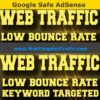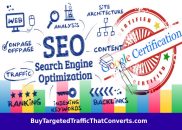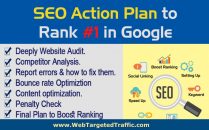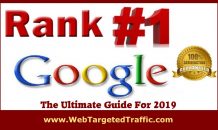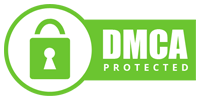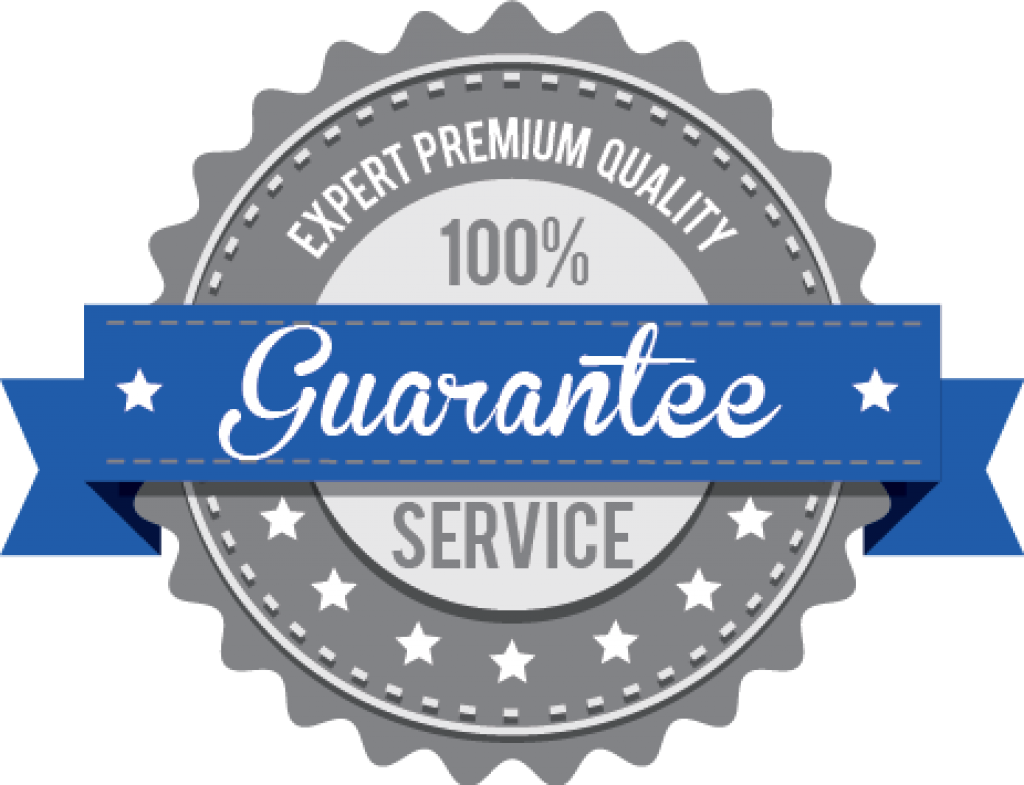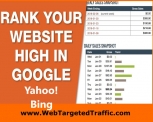
What Are the Major Factors in On-Page SEO You Need to Know
Many studies have been done, and a lot has already been written, about how to improve your chances of getting high Google rankings for your website. These studies have thrown up some very interesting conclusions.
One of the most surprising observations to come out of the studies is that social signals will play an increasingly important role in Google’s ranking algorithm. Some have even argued that the combined impact of social signals will surpass backlinks as the dominant overall ranking factor. If this is true, then it’s possibly the biggest fundamental shift in how Google ranks sites in the last decade.
But this doesn’t necessarily mean that businesses or websites that don’t have linked social media channels will not be ranked by Google; it just indicates a relative growth in the importance of social signals over other factors.
Table of Contents
Site factors:
There are certain site-wide factors that can affect your site’s search visibility as well:
1. Sitemap. A sitemap helps search engine to index all pages on your site. It is the simplest and most efficient way to tell Google what pages your website includes.
2. Domain trust. Trust matters. It’s hard no to think that sites Google trusts should rank higher. But how do you build that trust? Brian from Backlinko has a full list of trust factors here. Needless to say, building trust factors of your domain will certainly pay off.
3. Server location. Some SEOs believe that a server’s location helps to boost rankings for that particular country or region.
4. Mobile optimized site. Only a year ago, 46% of searchers used mobile exclusively to research. I believe this number increased exponentially in the last 12 months. It would be no surprise then that having a mobile optimized site would affect rankings in some way.
5. Google Search Console integration. Lastly, having your site verified at Google Webmasters Tools is said to help with your sites indexing. Even if that’s not the case, the tool provides valuable data you can use to optimize your site better.
Off Page factors:
When ranking your pages, Google looks at factors outside of your site as well. Here are some key ones:
1. The number of linking domains. The number of domains linking to you is one of the most important ranking factors.
2. The number of linking pages. There might be some links from a particular domain to your site; their number is a ranking factor too. However, it is still better to have more links from individual domains rather than from a single domain.
3. Domain Authority of linking page. Not all pages are equal. Links to pages with higher domain authority will be a bigger factor than those on low authority domains. Therefore, you should strive to build links from high domain authority websites.
4. Link relevancy. Some SEOs believe that links from pages related to your pages topic carry more relevancy for search engines.
5. Authority of linking domain. The authority of a domain may be a ranking factor too. For that reason, a link from low authority page on a high authority site will be worth more that from a lower domain authority one.
6. Links from a homepage. Similarly, some SEOs believe that links from a home page of a linking domain carry more strength than those on one of its pages.
7. A number of do follow vs. nofollow links. Google officially stated that they don’t count nofollow links (link with rel=nofollow attribute attached). Therefore, the number of your do follow links should affect your rankings too.
8. The diversity of link types. The types of links you build to your site matters too. Too many links of one type may be a spam indicator and impact your rankings negatively.
9. Contextual links. It is said that links within the content of the page are worth more than links in a sidebar for instance.
10. Link anchor. Anchor text of a link used to be a strong ranking factor. Today it can be utilized as a web spam indicator, negatively impacting your rankings.
On-page factors will continue to be of massive importance in determining how well your site ranks. The key things that you need to consider are as follows:
- In general, the shorter domains and URl’s rank better than longer ones.
- Sub-domains are slightly harder to rank than main domains.
- Placing the keyword early in the title is four times more important than having it in a domain or URL.
- Including a meta description, H1 tag and H2 tag all have a positive correlation.
- You should include your keyword in the meta description title and body of the content.
- Keyword density is not important anymore.
Let’s also take a look at on page content, which is something else we have great control over and it provides the perfect ranking foundation. The following are key things to consider to rank your site:
- Longer content generally ranks better (provided of course the quality is good). You should aim for a minimum of six hundred words but I would encourage a thousand.
- Try and include relevant images and videos where possible.
- Don’t add external links that use a keyword that you want to rank for. For example, if you want to rank for how to start a blog, don’t add a link to another website with that anchor text.
- You should also create internal links from other pages with keyword focused anchors. So find other pages on your blog and add internal links with the keyword you want to rank for to that page. You should also link the page to itself with your target keyword.
Not surprisingly, Backlinks will continue to play a big part in determining a website’s ranking. These are some of the key things to consider:
- The quantity of backlinks is important. But the quality and contextuality of these links will play a more significant role. In other words, focus on getting links from web pages that attract good volumes of traffic and where the content of those pages closely relate to your site.
- You should be diversifying anchor text wildly; forty percent of your links should include keyword variations,
- Sites that rank well tend to have a balance mix of no-follow links diverse keywords and generic anchors.
So let’s start looking at how we can put it all together. First of all you need to change your mindset. Google has fundamentally changed how it ranks websites over the past year and you need to evolve with that. We are going to see social signals play a much stronger role over the coming years and, while backlinks are still very important, I wouldn’t be surprised to see less and less reliance on them in rankings over time. So it is important that you create a diverse mix of social signals and backlinks.
It’s time to evolve your approach to SEO. But, don’t worry, it’s easier than you think. First of all you need to realise that social signals and backlinks aren’t the main ranking factors…great content is. If you publish crappy content that has no value, or doesn’t help people in any way, then it won’t get shared. It’s critical that you create content that is engaging and helps people solve their problems in one way or another. An easy way to create great content is just by selecting the specific topic and solving five problems the average Joe faces with that topic. (Read my previous blog post about easy & effective ways to create content for your website)
How Long It Takes to Rank on Google
A study by Ahrefs turned up some interesting information, in terms of how long it takes to rank on Google.
Among the main takeaways:
- On average, a page that ranked in the top 10 was over 2 years old. Moreover, the average age of pages that ranked first was nearly 3 years old.
- Among the pages that ranked in the top 10, only 22 percent of them were less than 1-year-old.
- Of all pages in the study, only about 6 percent appeared in the top 10 search engine results for at least one keyword within one year.
- Zooming into the top 6 percent pages, most of them were able to get to the top 10 from nowhere in 2 to 6 months.
So, based on their findings, about 94 percent of the pages in the study never made it to the top 10 search engine rankings within a year.
So what is the best way to rank your website?
Step 1: First of all, fine tune your website and make sure it’s optimised to drive social signals. Every visitor offers you the potential of a social share which means higher rankings and more traffic.
Step 2: Create the very best piece of content on the web for your target keywords. Find out what your prospects’ problems and worries are and help them out with your content. See what other content is available on the web and improve on it. Once you have done that you can start engaging your target audience directly with a content promotion in Twitter, Facebook, LinkedIn etc. Not only will this bring you traffic, but it will also drive social signals and relevant links from quality sites.
Step 3: Try and replicate the highest quality backlinks of the websites that rank in the top positions for your keywords. We know that Google likes these sites because they are high in the rankings so why not use this data to boost your own backlink profile? Here are some backlink checking tools which offer free options which are more than enough for most users:
https://ahrefs.com/
https://www.semrush.com/
https://majestic.com/
Step 4: Update Your Content Regularly: Metadata
You’ve probably noticed that we feel pretty strongly about content. Search engines do, too. Regularly updated content is viewed as one of the best indicators of a site’s relevancy, so be sure to keep it fresh.
When designing your website, each page contains a space between the <head> tags to insert metadata, or information about the contents of your page. If you have a CMS site, the UMC web team will have pre-populated this data for you:
- Title Metadata
Title metadata is responsible for the page titles displayed at the top of a browser window and as the headline within search engine results. It is the most important metadata on your page. For those with a CMS website, the web team has developed an automated system for creating the meta title for each webpage. - Description Metadata
Description metadata is the textual description that a browser may use in your page search return. Think of it as your site’s window display—a concise and appealing description of what is contained within, with the goal of encouraging people to enter. A good meta description will typically contain two full sentences. Search engines may not always use your meta description, but it is important to give them the option. - Keyword Metadata
Keyword metadata is rarely if ever used to tabulate search engine rankings. However, you should already know your keyword phrases, so it doesn’t hurt to add them into your keyword metadata. You’ll want to include a variety of phrases. As a general rule, try to keep it to about 6-8 phrases with each phrase consisting of 1-4 words. A great example would be “computer science degree.”
Step 5: Promote
This step is important and should come immediately after publishing – in fact, for big pieces of content, it’s great if you can do some media outreach before the piece goes live. Make sure you do what you can to get your content in front of as many eyeballs as possible before it even has a chance to rank for the keyword:
- Share your content through your business’s social accounts – Twitter, Facebook, Google+, LinkedIn et al. If you can, do this through your personal accounts too.
- Use social buttons or widgets on your site to promote independent sharing – Make it easy for readers and viewers to keep the chain going. They’re more likely to tweet or share your article if all they have to do is click a button.
- Build links to your content – Whatever the future of PageRank, link building is still a huge part of SEO (even if it is the most annoying part).
Conclusion
As Google continues to close the door on spammy techniques and schemes, anyone serious about digital marketing needs to take a long view.
The strategies mentioned above aren’t sexy or new. They do, however, require work and a continual investment of resources.
So that’s how to rank your website in Google in 2019 and beyond. If you would like more information about how we can help you with an SEO Action Plan, get in touch with us!
**********>>>********************<<<<<<<
Web Targeted Traffic is a trusted company world wide and is a legit website that sells targeted traffic.. They deliver targeted high quality real website traffic. That is why more than 75% of our clients are returning clients who already used our service in the past and believe on their quality and professional service.
Whether you are a well-known company or sole online business, Web Targeted Traffic is the most budget friendly way to reach your desired audience, get leads, boost sales, found new customers and generate brand awareness.
They deliver millions of targeted traffic on daily basis to our clients websites. Thousands of happy clients already. There packages are tailored-fit to any business to ensure that specific target audience are reached.
The result will be 100% real visitors who are actually interested in learning more information about a website such as yours!
WebTargetedTraffic.com is The Best Rated Website Traffic Seller of 2018 — Read our reviews here!
Check our Certificate of Website Traffic here…
So what are you waiting for? Choose your traffic package today and let us boost your business by sending thousands of real, unique visitors to your website.
Buy targeted traffic that converts. Increase your website traffic today with our range of affordable traffic services. Get targeted website traffic today!







